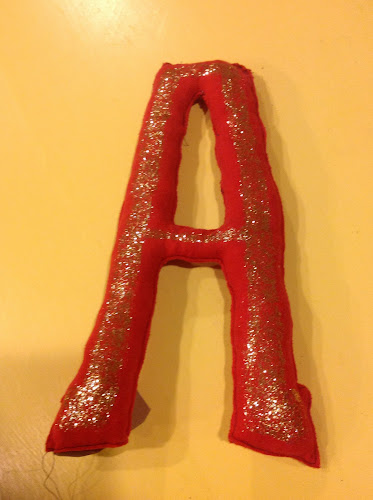About two weeks ago, I was in the kitchen, scrounging through the refrigerator hoping to pull together a meal with leftovers.
"Don't take this the wrong way, Mom," said 17, from a chair at the table. "But you don't really...umm...you know...cook anymore."
I'm sure she was expecting me to argue. Her face registered surprise at my response.
"Yeah, I know. Food doesn't seem as important to me as it used to."
I have devoted a good portion of my life as a mother to food. Not only the making of it, but the art of it, creating a table of menus for the week, adding quotes about hunger and appetite and delayed gratification at the top, setting the table with real dishes and clothes napkins.
My efforts didn't stop at dinner. When we hit the high school years, with kids coming home all hours of the evening, as someone else was leaving for work or play practice or a game, I came up with family breakfasts. I often woke up at 5am to make homemade pancakes, a particularly time-sensitive batter that had to set 20 minutes before being poured onto the griddle. Other mornings, I made breakfast burritos, yogurt and fruit smoothies, or grilled peanut-butter-and-jelly sandwiches. The night before, we set up an assembly line for everyone to make their own lunches.
These days, money gets direct deposited into their lunch account, which was set up by my husband. When the balance gets low, he gets a notice to replenish the account. I am not sure if the cost varies that much, particularly now, with my time becoming more and more precious.
That day in the kitchen, 17 listed some of her favorite dinners that I "used to make." Fried rice, roasted red pepper soup, pasta salad, none of them fancy dishes that took excessive time to prepare. What they did take was planning, and creative energy, to put together meals that offered a somewhat balanced menu for each of our eaters (one vegetarian, two self-proclaimed carnivores, one with egg allergies, and a young one who would eat anything as long as it came from my plate.) And shopping, making a detailed grocery list, stopping at the bread outlet, the farmer's market and a couple of grocery stores. These days, my creative energy is going other places, like into these blog posts, as well as revision of my current collection of short stories, submission of completed stories to literary journals, meetings with my writing group, and working on art pieces to sell for income.
To be completely honest, cooking isn't the only chore I have fallen behind on. My kids and husband have been doing their own laundry for years, but at this point, I am usually wearing my last clean pair of socks. I drive my car until the last second before making time to get gas. I don't chaperone school field trips. We regularly run out of toilet paper, as well as toothpaste and laundry detergent (Fortunately, our milk gets delivered).
And I have not bought a single Christmas present this year. I am even contemplating giving them money.
Which brings me to my biggest question so far. How did Sophie do it?
I researched the site of the Tolstoy's summer home. The home itself has been preserved just as it was when Sophie and Leo lived there. Their grandson operates a hotel on the site, as well as a cafe which uses Sophia's recipes. I read that they have developed an app that would allow me to download her recipes to make in my own kitchen. It is only available in Russian, though they expect to launch an English version in 2015.
Great. Then what will I do? I am reminded of the documentary about women artists, Who Does She Think She Is, in which one of women says, "I needed a wife too."
The rub is that I enjoy(ed) doing things for my family. But I want to do more than support their lives. I want my own. I have stories that need to be written. And the further I get into this project, the louder their voices become in my head. So the problem becomes a matter of choice, Sophie's choice. I can either go crazy trying to suppress the creative calling in my head while tending to my family, or I can let some things fall away. Day by day I am deciding what those things are, trying to avoid the narcisstic trap of the artist, keeping it in balance with the needs of my family. I don't think that I will find an answer to this dilemma, in part because my life is not static. Just as I shifted from family dinners to family breakfasts, I will have to stay resilient, bending to pick up something that gets dropped along the way, holding on to as much as I can, and hoping, hoping, that it is all worth it.









